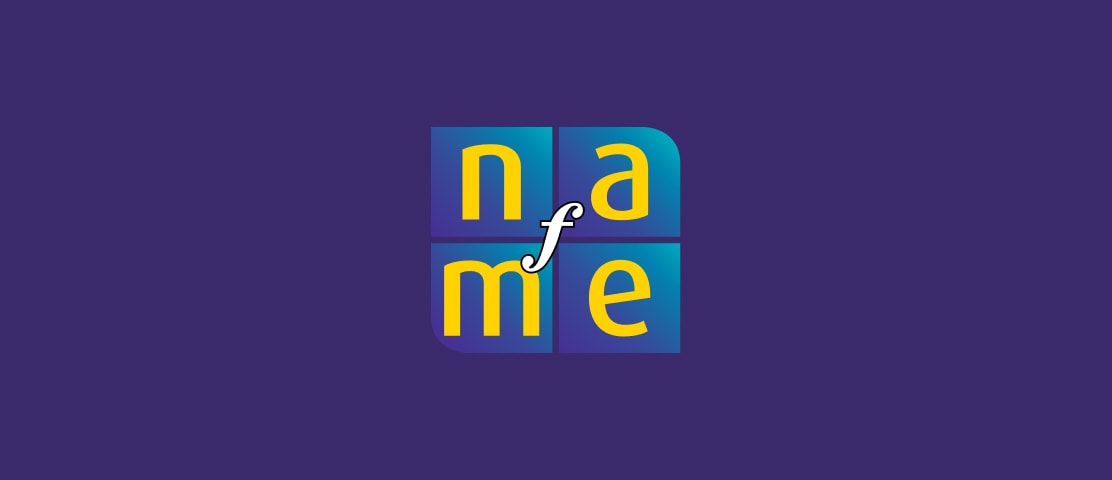The association began with a small meeting of 104 music supervisors in Keokuk, Iowa in 1907, known at that time as the Music Supervisors’ National Conference. In 1934, the organization’s name changed to Music Educators National Conference (MENC), reflecting its growth to include music educators at all levels from prekindergarten to university, college students preparing to become music teachers, high school music honor society members, music industry representatives, music supervisors, and parents and community members who supported our cause.
In 1998, MENC expanded the organization’s name to MENC: The National Association for Music Education. Finally, on September 1, 2011, we became known simply as National Association for Music Education (NAfME).
Learn more about NAfME's History.
See also "MENC: A Century of Service to Music Education 1907-2007."
